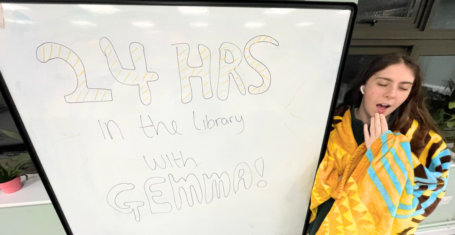
Reverse Global Warming? Kill Planet Earth
Scientists want to cool down the earth with massive aerosols: Exeter researcher tells them we could kill the Earth
Creating large artificial volcanic eruptions by spraying aerosols into the air could cool the earth down, according to scientists.
But University of Exeter expert Angus Ferraro claims that this could lead to more intense droughts in Africa and the drying out of tropical rainforests in South American and Asia.
Aerosols – not just for cooling you down after the gym
We’ve always been told that using aerosols is bad for the earth’s atmosphere but that is exactly the solution scientists have come up with.
In theory, aerosols could be artificially sprayed into the upper atmosphere to reduce solar radiation and cool the planet.
Volcanic eruptions have the same effect – the aerosol particles from the eruption of Mount Pinatubo in 1991 reduced the average global temperature by half a degree Celsius.
Amazon rainforest, South America
Ultimately, this form of geo-engineering – the fancy term for intentionally changing the climate – could lead to solutions in some parts of the world, but further problems in others, which could lead to conflict between countries if they were all to take part.
Ferraro, who has recently joined the Mathematics department, co-authored his findings with academics from University of Reading, who carried out research in their Department of Meteorology.
The expert said: “To reduce global temperatures enough to counter effects of global warming would require a massive injection of aerosol – the small particles that reflect sunlight back into space. This would be equivalent to a volcanic eruption five times the size of that of Mount Pinatubo every year.”
The eruption
Dr Charlton-Perez, from University of Reading, said: “We have shown that one of the leading candidates for geo-engineering could cause a new unintended side-effect over a large part of the planet.
“The risks from this kind of geo-engineering are huge. A reduction in tropical rainfall of 30% would, for example, quickly dry out Indonesia so much that even the wettest years after a man-made intervention would be equal to drought conditions now.
“The ecosystems of the tropics are among the most fragile on Earth. We would see changes happening so quickly that there would be little time for people to adapt.”









































